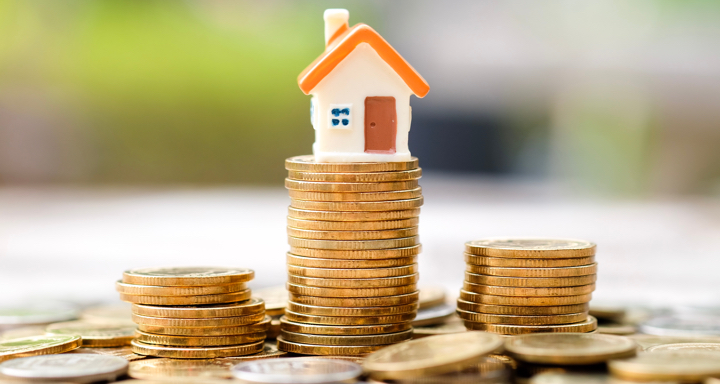An ideal investment is one that fetches you high returns on investment while being a low-risk proposition. As an investor, all of us hope to achieve this magical ratio of returns and risks. If you are planning to invest in multiple small properties, whether residential or commercial, this article gives you an insight into what you’d be signing up for.
What makes buying small property units an attractive proposition?
The term “small property unit” is relative and can mean different things for different buyers based on their city, financial capacity and social background. However, the logic and the returns ratio remain the same, irrespective of the relative definition of a small property unit. Listed below are the advantages of investing in multiple small property units.
Smaller Investment: From an investor’s perspective, a 1BHK unit in a project will always cost much lesser than a 3BHK apartment in the same project. The affordability factor makes investing in smaller unit a sensible and attractive option, especially for first-time home buyers.
Resale is Easy: The affordability of a small unit also makes it an easy asset to liquidate as you can find a lot of interested buyers for it. Naturally, this works best for people buying the house for the purpose of investment.
Easier to Rent Out: This holds especially true in major cities and metros where rentals are soaring and renting smaller properties is more practical, thus, making it a popular rental option.
Not putting all your eggs in one basket: If you are an investor looking to invest huge funds, buying multiple small units in different projects/locations/cities makes sense as you would be dividing the risk as well.
What makes buying small property units an unfavourable proposition?
Not just an investment: For first-time buyers, especially the ones with a family of more than two people, a small unit might be restricted in a lot of ways. Besides, anyone buying property for self-occupation should take into account more than just the price of the property or ROI.
Maintaining multiple properties is not easy: Besides being time-consuming, maintaining more than one property comes with multiple expenses as well. If the rental returns on the properties are not great, you might incur a loss by spending more on maintenance than getting in rental returns.
Recent Posts




